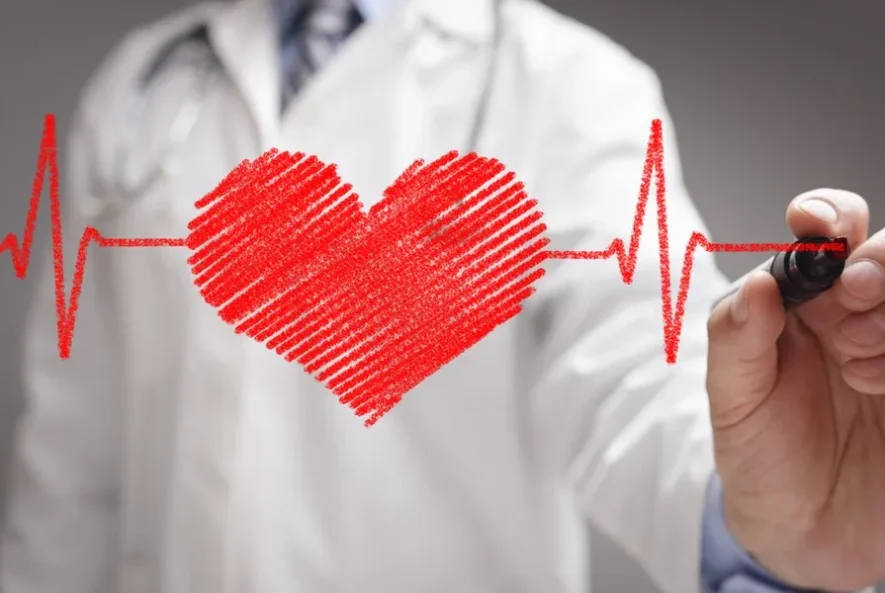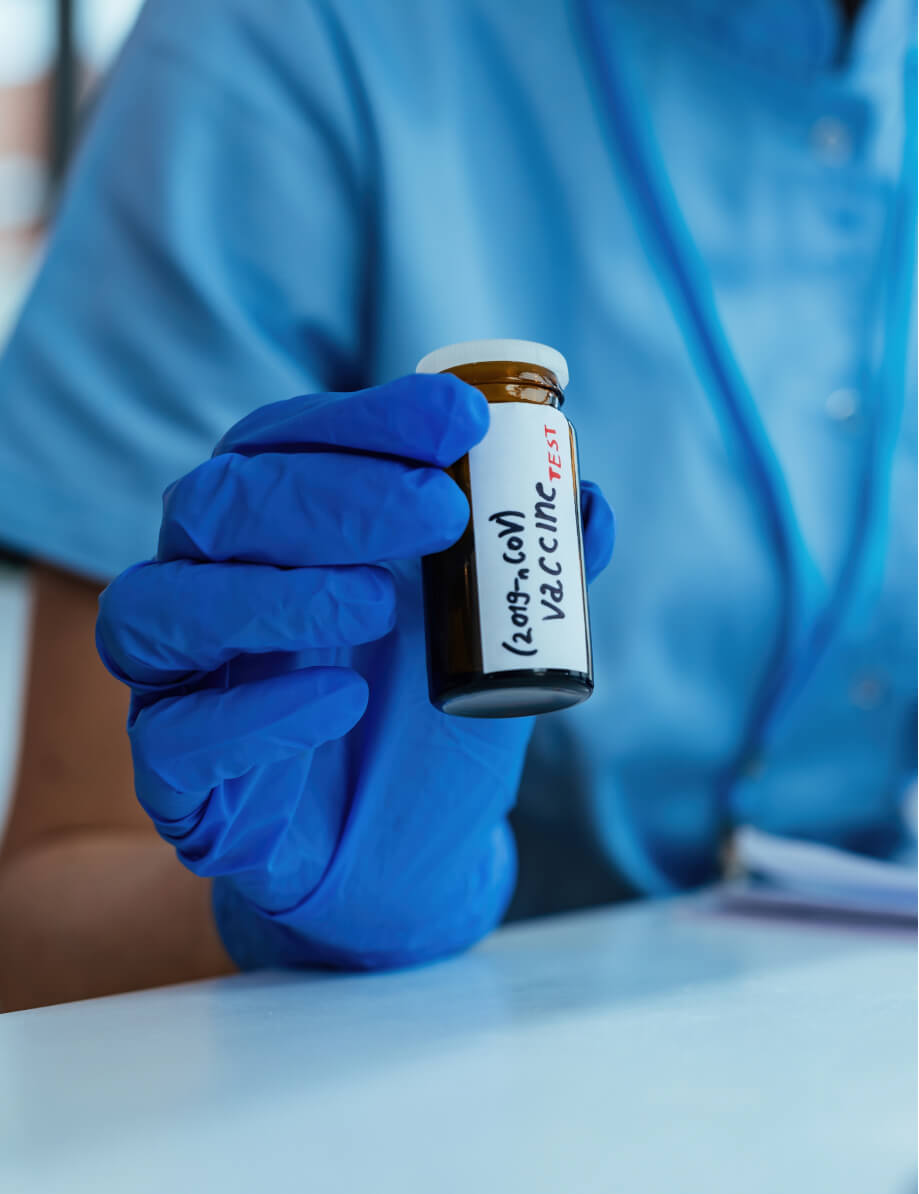
In today’s fast-paced world, prioritizing health can often take a backseat. However, when it comes to disease prevention and overall well-being, nothing is more important than staying proactive. This is where early detection plays a vital role in safeguarding your health. Regular health check-ups are more than just a routine – they are a powerful tool to catch potential health problems before they become serious. Here’s why early detection matters and how regular health check-ups at our diagnostic center can benefit you.
What is Early Detection?
Early detection refers to identifying potential health issues before symptoms appear. Regular check-ups help uncover medical conditions in their initial stages, even when you’re feeling completely fine. This proactive approach allows for timely intervention, which can make all the difference in the treatment process and outcomes.
Why Early Detection is Important
- Prevention of Serious Health Issues Many serious diseases, such as heart disease, cancer, and diabetes, develop slowly and may not show noticeable symptoms until they reach an advanced stage. Early detection through regular screenings helps catch these conditions at a manageable stage, reducing the risk of complications and improving treatment options.
- Improved Treatment Outcomes Identifying a health issue early on generally leads to better treatment options and outcomes. For example, in the case of cancer, early-stage tumors are easier to treat with higher success rates, while later-stage cancers may require more aggressive treatments.
- Cost-Effective Healthcare Detecting diseases early can often lead to less expensive treatment. The earlier the condition is discovered, the less complicated (and costly) the treatment tends to be. This can save you significant amounts of money in the long run, especially if major surgery or extensive therapies are avoided.
- Peace of Mind Knowing that you’re actively monitoring your health provides peace of mind. Regular check-ups help reduce the anxiety of uncertainty, especially for people with a family history of certain diseases. By staying ahead, you can avoid unnecessary stress about your health and focus on maintaining a positive lifestyle.
- Better Quality of Life Early detection allows for timely intervention, which can help you stay healthier and more active. By catching health issues before they progress, you can enjoy a higher quality of life with fewer restrictions on your day-to-day activities.
Conditions That Can Be Detected Early with Regular Health Check-ups
Regular health check-ups can detect a wide variety of conditions, including:
- Cardiovascular Health: Early detection of high blood pressure, high cholesterol, or other heart-related issues can prevent strokes or heart attacks.
- Cancer: Screening tests like mammograms, Pap smears, and colonoscopies can catch early signs of cancer.
- Diabetes: Blood tests to check glucose levels can help detect diabetes or prediabetes early on.
- Kidney Disease: Regular urine tests can detect kidney issues before symptoms arise.
- Liver Conditions: Liver function tests can help spot issues with your liver long before symptoms show.
- Thyroid Disorders: Blood tests can check for abnormal thyroid levels that may affect metabolism and overall health.
The Role of Diagnostic Centers in Early Detection
Diagnostic centers are key to the early detection process, offering a wide array of tests and screenings that help monitor your health. From blood tests and X-rays to more specialized diagnostics like ultrasound scans and echocardiography, these centers provide the necessary tools to detect health problems early on. At our diagnostic center, we use the latest technology and a skilled team of professionals to ensure accurate results and provide recommendations based on your test outcomes.
When Should You Get Regular Health Check-ups?
The frequency of health check-ups depends on several factors such as age, lifestyle, and family medical history. However, general recommendations include:
- Adults under 40: Check-ups every 2 to 3 years, depending on lifestyle and risk factors.
- Adults over 40: Annual health check-ups are advised, especially if you have risk factors for chronic conditions.
- Family History: If you have a family history of certain health conditions (like cancer, heart disease, or diabetes), more frequent check-ups may be necessary.
What to Expect During a Health Check-up?
During your check-up, our medical professionals will assess your overall health, take vital signs (such as blood pressure and heart rate), and may recommend specific tests based on your age, health status, and risk factors. Some common tests include:
- Blood Tests: To evaluate cholesterol, blood sugar, and organ function.
- Urine Analysis: To detect signs of kidney issues, diabetes, or infections.
- Imaging Tests: To check for abnormalities in organs such as the heart, lungs, and liver.
Conclusion: Make Your Health a Priority
Investing in regular health check-ups is one of the smartest decisions you can make for your well-being. Early detection through regular screenings allows you to catch potential health issues before they become major problems, improving your chances of successful treatment and long-term health. At our diagnostic center, we are committed to providing you with comprehensive and accurate health assessments to ensure that you live your healthiest life.Don’t wait for symptoms to show up—schedule your regular health check-up today and take the first step towards a healthier tomorrow!









